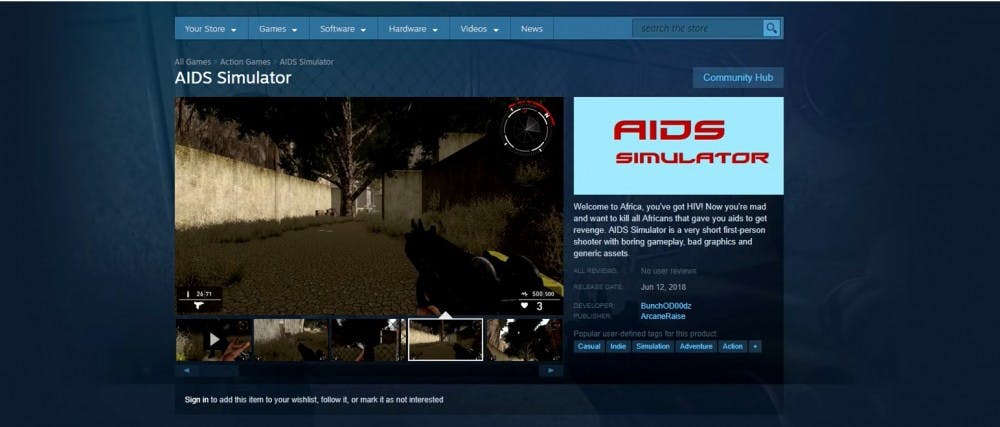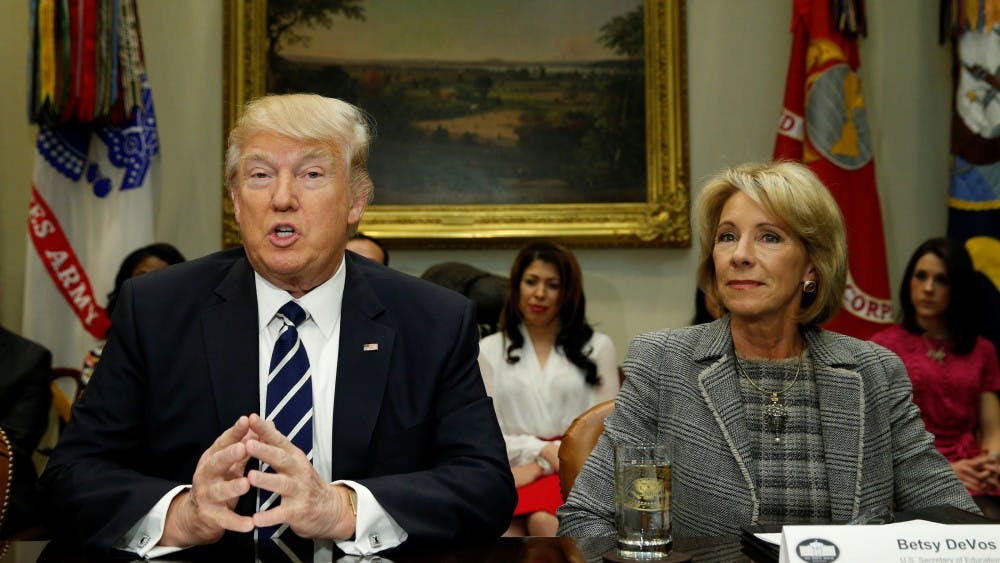This week, Steam announced that it no longer plans on moderating any content put on it’s store, barring things that are “illegal” or “trolling.” What this means is obviously open to interpretation, with legality varying from country to country and trolling being possibly the most vague term they could have chosen.
Now, ignoring trolling for now (what is and isn’t technically “trolling” is a monster in itself), Valve has said that it will look at games in a case-by case basis, meaning if a gathers enough complaints, Valve will make a judgement call. But until those complaints are gathered, there is no barrier to entry for games to get on the Steam Store.
Which could be good or bad. On one hand, for those that consider video games to be an art form, this lack of restriction for things like violence and nudity can be used to further a game’s message or to make a statement. An example of this upcoming game Agony, which takes place in Hell. Agony has garnered criticism over the depictions of brutal violence in the game, going so far as to receive an “Adults Only” rating from the ESRB. But seeing as the game is in fact set in Hell, this violence may be warranted, and removing it may subtract from the game.
On the other hand, say Jack Thompson’s hand for example, this lack of serious moderation could be used as a platform for people arguing that gratuitous violence and sex in video games has an adverse effect on children. It’s not just disbarred former attorneys from Florida arguing against violent video games.
A big player on this side of the argument is the White House itself, which released a “violent video game reel,” which included scenes from Modern Warfare 2, Fallout 4 and Dead by Daylight. President Trump has even spoken to reporters himself about the dangers posed by violent video games.
Beyond talking about the dangers of exposing children to violent video games and movies, Secretary of Education Betsy DeVos recently made headlines by revealing that her Commission on School Safety will not be examining the effect of guns on school safety. What will the Commission be looking at then? Video games and social media, among other things meaning legislators could be looking for an excuse to bring a bill to the floor that would do what Steam has chosen not to do.
Steam has recently elicited strong responses across mainstream media outlets when the game Active Shooter appeared on their storefront. The game was reviled for its morbid gameplay, and Steam was roundly condemned for allowing the game to be sold. Just one week later, the game AIDS Simulator appeared on the storefront, describing a game wherein the main character seeks revenge on the people of Africa after catching AIDS from “the locals.” Both Active Shooter and AIDS Simulator were pulled from the Steam storefront before they were made available for purchase, but the media fervor that games such as these generate does not need a release.

Image from YouTube
Similar issues with politicians worrying about the violent content of games like Mortal Kombat in 1992 led to the creation of the ESRB, which was formed as a way for the industry to self-regulate games without legislators stepping in. Depending on what the Trump administration decides to do, we could possibly see something even more restrictive be implemented in the near future.
Sources: NOLA, MSN, Kotaku, Twitter
For more entertainment related content, visit us at Bytebsu!



















